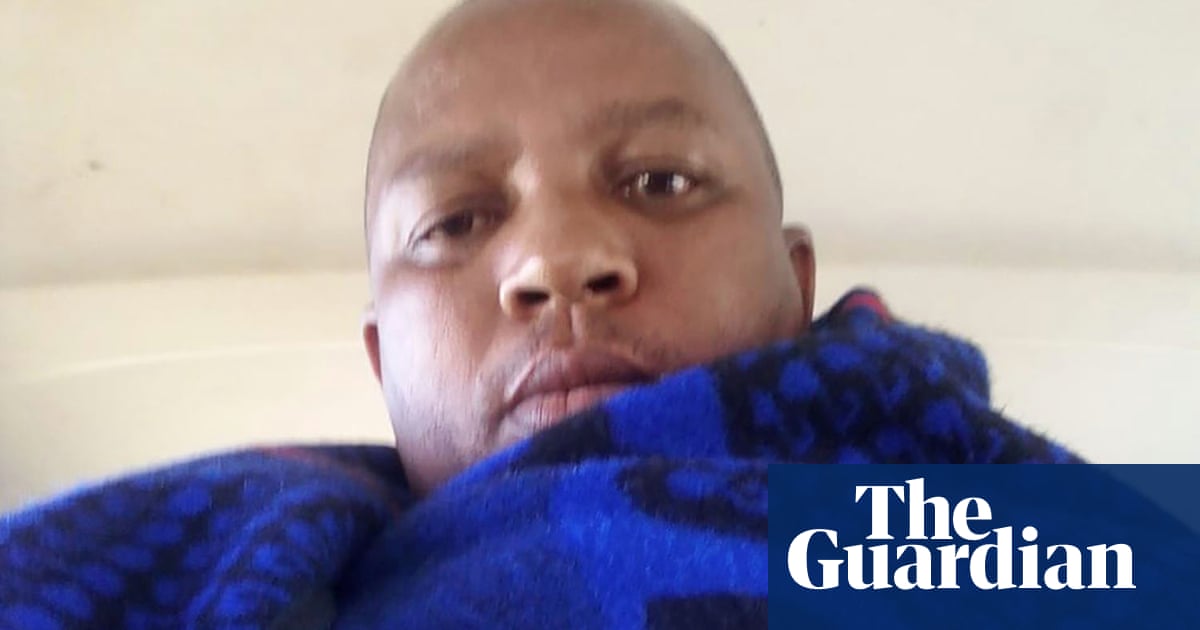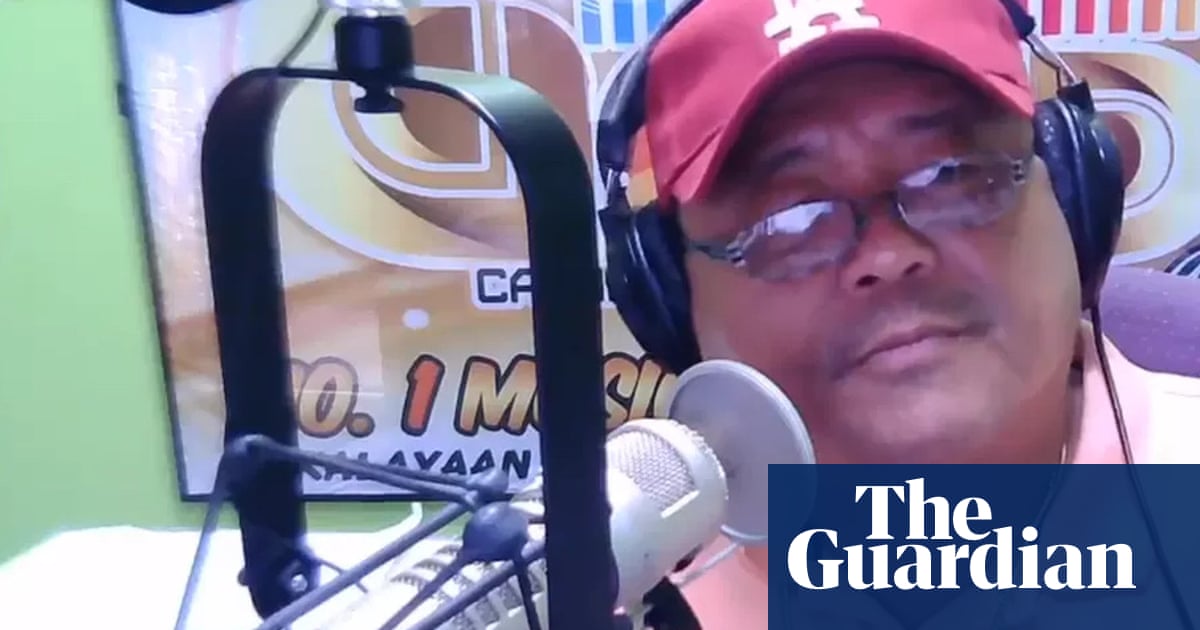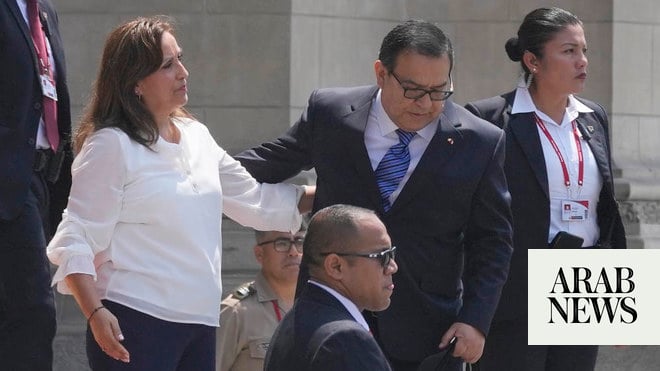
Lesotho has imposed anationwide curfew after the killing of a prominent radio presenter in the capital, Maseru, this week.
Ralikonelo “Leqhashasha” Joki, who worked for Ts’enolo FM radio station, was shot at least 13 times by unknown assailants as he left the studio at 10pm after his Sunday evening show.
The Lesotho chapter of the Media Institute of Southern Africa (Misa) said Joki’s death was an attempt to silence journalists. His current affairs show was often critical of politicians and government policy, and he had received death threats. In 2021, Joki broke a story about five politicians who were involved in the illicit alcohol trade.
The police commissioner, Holomo Molibeli, said anyone travelling between 10pm and 4am without a police permit would face a fine or up to two years in prison.
The police minister, Lebona Lephema, has revoked all firearm licences, saying killings “seem to have skyrocketed”. In January, Molibeli stopped any new firearm licences being issued.
The curfew, which began on Tuesday, is part of government attempts to curb gun violence and address the small southern African country’s soaring murder rate.
Lesotho has the third-highest homicide rate in the world, behind El Salvador and Jamaica, according to the latest World Population Review report, with 43.5 murders for every 100,000 people. El Salvador recorded 52 and Jamaica 43.8.
In a statement, Misa said: “As a vanguard for free speech and a free press, Misa Lesotho unreservedly condemns this atrocious occurrence that acts as a scarecrow for the media’s exercise of its freedom to operate without any frontiers.”
Its chair, Kananelo Boloetse, said Joki had received death threats and had phantom Facebook accounts created in his name in the months before his death “and we believe this is why he was killed”.
“The killing itself is alarming and it paints a frightening picture of Lesotho in the international community. From Sunday, Lesotho is now being seen as a country where journalism is risking your life.
“Attacking journalists is going to have serious consequences internationally [for the country]. Many countries are covering the story and there will be consequences,” said Boloetse.
He criticised the sedate pace of the country’s justice system, pointing to the attempted murder of the former Lesotho Times editor, Lloyd Mutungamiri, who was shot in 2016. Five members of the Lesotho Defence Force were arrested for the attack, but after continued delays four of them are expected to stand trial in July.
“People think there are no consequences [for attacking journalists] because since Lloyd Mutungamiri was shot in 2016, the assailants haven’t been jailed,” said Boloetse.
The director general of Unesco, Audrey Azoulay, urged the authorities to investigate the murder. “Violent attacks on journalists must not be used to discourage them from conducting their fundamental work, on which all of society relies,’” she said.











